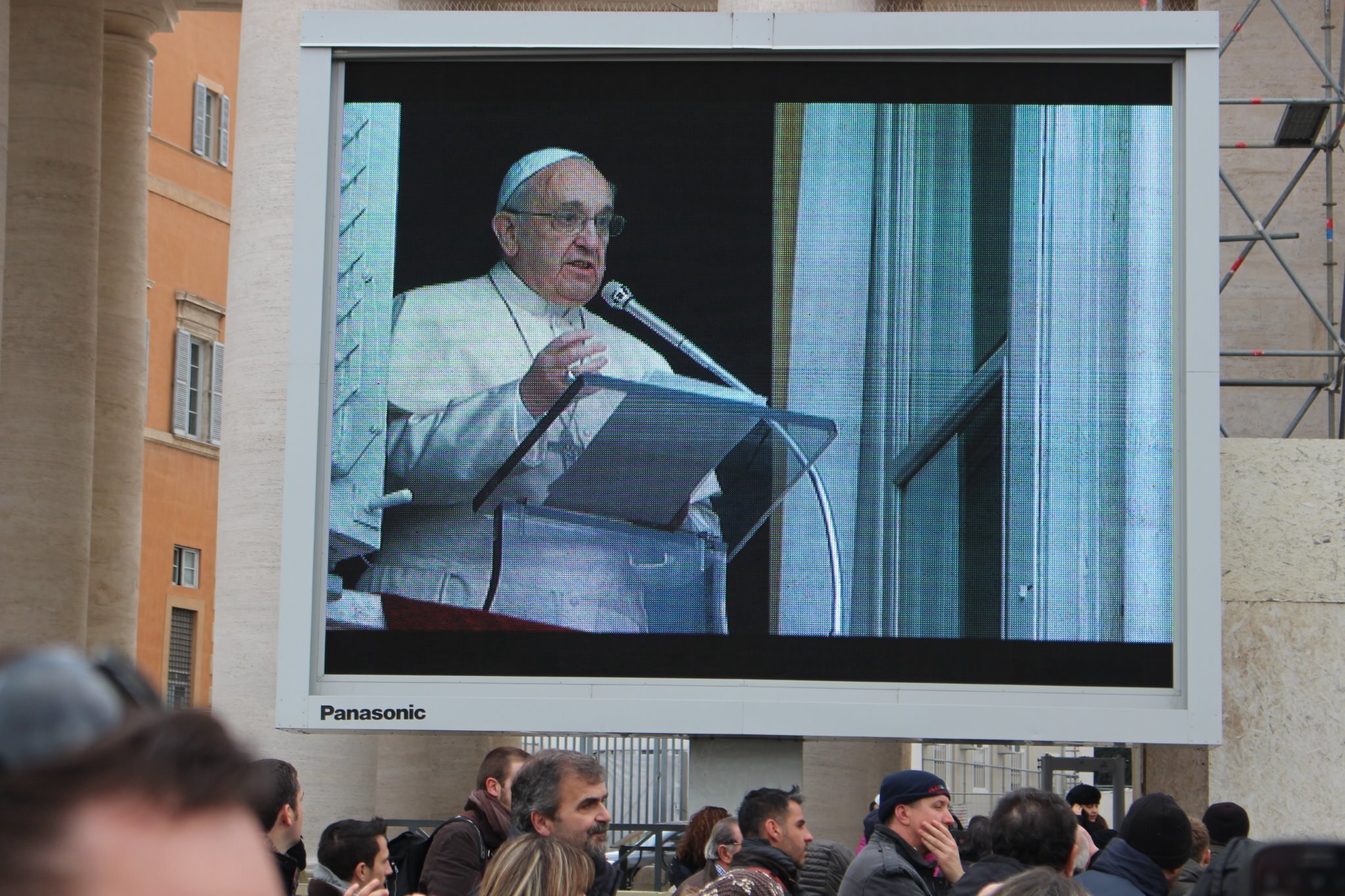To give Joshua Cowan’s film even deeper meaning, it’s important to understand context. Mentawai is an archipelago found off the west coast of Sumatra (Indonesia) consisting of approximately 70 islands and islets. The history of the people is often debated, but as early as 1954, under Indonesia’s goal of national unity and cultural adaptation, the National Government began introducing civilization programs designed to integrate the tribal groups into the social and cultural mainstream of the country. This, for native Mentawai, meant the eradication of Arat Sabulungan — the animist belief system that links the supernatural powers of ancestral spirits to the ecology of the rainforest — ; the forced surrender, burning and destruction of possessions used to facilitate cultural or ritual behavior; and their Sikerei (shamans) being disrobed, beaten, and forced into slave labor and imprisonment.
Under Pancasila — the official, foundational philosophical theory of Indonesia — the Indonesian state should be based on the Five Principles: Indonesian nationalism; Internationalism, or Humanism; Consent, or Democracy; Social prosperity; and Belief in One God. Based on the Indonesian notion ‘belief in one God’, there are officially only five religions recognized: Islam, Protestantism, Catholicism, Hinduism, and Buddhism. Which, for the Mentawai Islands, resulted in an immediate influx of missionaries and an increase in violence and pressure on the people to adopt change. In the end many chose Christianity due to its flexible views on the possession and consumption of pigs, which play an integral role in Mentawai history and culture.
By the late 1980’s loggers had devastated the forests of Sipora, North and South Pagai. In 1980, WWF (World Wildlife Fund) published a report entitled ‘Saving Siberut’ which, along with the support of other organizations – primarily UNESCO and Survival International – and other additional international interest, helped persuade the Indonesian government to cancel logging concessions and declare the forests of Siberut a biosphere reserve. With this, the people in the Mentawai found that they were once again free to practice their native cultural activities – at least in areas away from the villages.
However, by this point, and as it remains today, the number of Indigenous people still actively practicing the cultural customs, rituals and ceremonies of Arat Sabulungan had already been limited to a very small population of clans primarily located around the Sarereiket and Sakuddei regions in the south of Siberut Island.






